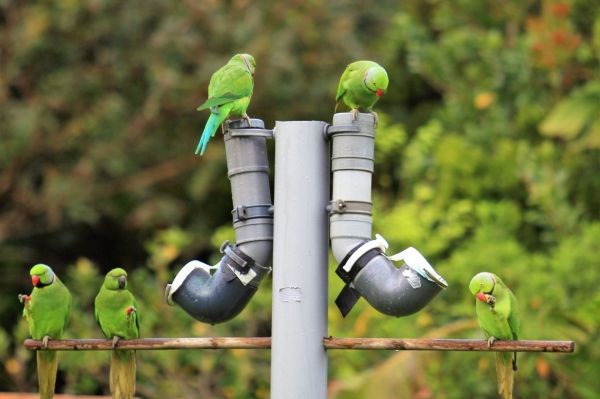The research team found that annual disinfection of parakeet nest sites prior to the breeding season, intended to reduce the spread of infectious disease in endangered parrot species, didn’t have the impact conservationists expected or indeed, had hoped for, leading to recommendation for a different approach.
Psittacine Beak and Feather Disease (PBFD), is a globally emerging infectious disease affecting parrot species, and researchers were looking at methods to reduce infection rates in the endangered birds.
The research team found 83% of the fledglings in untreated nests survivedcompared to 79% in the treated nests. The long-term study of echo parakeets in Mauritius assessed how effective the disinfection measures were in reducing the probability of a nest becoming infected with PBFD.
Read more at University of Kent
Image Credit: Deborah Fogell


